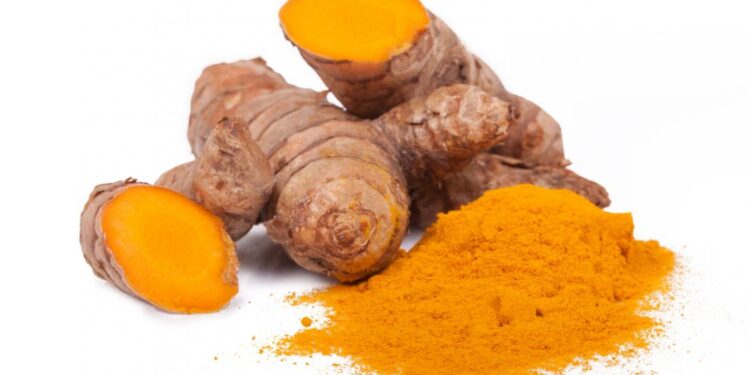Ever wondered if the spices we put in our food are just there to add flavor, or if they contain supplements that are beneficial to our health? Well, here’s some good news for you, some of those spices are actually very good for your health.
Let’s take a look at the Turmeric Spice, there’s a reason it’s called a super spice.
Turmeric is a flowering plant that belongs to the ginger family, of which the roots are used in cooking in several parts of the world. However, turmeric has been in use in South Asia as a cure-all for thousands of years.
Today, people from around the world are adding turmeric to their diets to treat stomach, skin, liver, gallbladder and kidney problems. Turmeric is also used to treat depression, headaches, bronchitis, colds, serious pain, fatigue, lung infections, itchy skin and recovery after surgery. Also, western medicine has begun to study turmeric as a pain reliever and healing agent.
The Heritage Times bring to you top 5 benefits of using Turmeric;
1. Anti-Inflammatory Properties
If you want to control inflammation, turmeric can do the trick. Turmeric contains curcumin, a powerful anti-inflammatory agent. In fact, studies have shown that, the anti-inflammatory properties of curcumin match some of the strongest prescribed medication. However, curcumin comes without side effects.
Inflammation is a common denominator for chronic health conditions such as obesity, heart disease, cancer and Alzheimer’s disease. And where there’s inflammation, there’s pain. Curcumin has been shown to control knee pain from osteoarthritis as effectively as ibuprofen. Meanwhile, studies have shown that rheumatoid arthritis patients who took curcumin for two months reported less joint swelling and tenderness than those who took a common anti-inflammatory drug.
2. Antioxidants
Oxidative damage is thought to be a trigger for aging and a variety of diseases. Likewise, antioxidants are the key to preventing long-term cellular damage within your body. Much of this potential damage is caused by elements in your body called free radicals.
Free radicals react negatively with important organic substances like fatty acids, proteins and even DNA. The curcumin found in turmeric is a potent antioxidant that helps neutralize these free radicals, preventing cellular damage and degeneration. As a result, it can boost your body’s own production of antioxidant enzymes. Turmeric is also linked to reducing oxidative stress on vascular tissues that can increase risk of chronic disease.
3. Lowered Risk of Heart Disease
Turmeric may reverse steps in the heart disease process by improving the function of the lining of your blood vessels. Hence, this helps regulate your blood pressure, blood clotting and other factors vital to heart health.
Research has also found that seasoning foods with turmeric can help reduce your body’s bad cholesterol (LD). Also, preliminary studies show that curcumin may reduce the number of heart attacks; bypass patients can have after surgery.
4. Prevention of Brain Disease
As unbelievable as it sounds, turmeric has been proven to help lower brain disease risk. Curcumin has also been studied for use in preventing and treating Alzheimer’s disease. Evidence shows that curcumin may affect brain function and the development of dementia.
Furthermore, curcumin may be effective in delaying or reversing brain diseases and age-related decreases in brain function. This happens by triggering a growth hormone in the brain that helps spur new brain cell growth. And, there are early signs that turmeric can even improve your memory.
5. Increased Digestive Health
Turmeric has long been used to help soothe stomach pain, relieve constipation and control irritable bowel syndrome. More so, its anti-inflammatory properties can lower your chance of developing ulcers and remove digestive system irritation. Because of this, turmeric can help with managing a wide range of gastrointestinal disorder such as Irritable bowel syndrome (IBS), Crohn’s disease and diarrhea.
Having seen the benefits of using turmeric, it is important to use caution when deciding whether turmeric is something you need to try. As with any alternative therapy, speak with your doctor before you use turmeric to treat any health condition that you have.




































